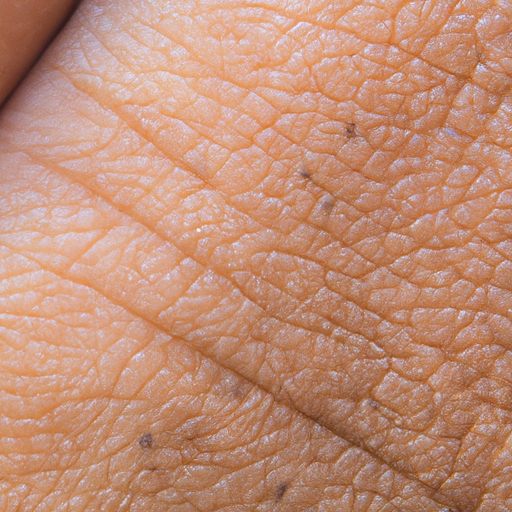As a medical professional, I have encountered countless patients who struggle with dry skin. Dry skin is not just a cosmetic issue; it can lead to discomfort, itching, and even cracking and bleeding if left untreated. It’s a common problem, especially during the winter months when the air is dry. However, with the right treatments and lifestyle changes, dry skin can be effectively managed. This article aims to unveil secrets to conquer dry skin and provide a comprehensive guide to treatments.
Firstly, it’s essential to understand what causes dry skin. The skin’s outermost layer, the stratum corneum, is responsible for maintaining moisture levels. When this layer is damaged or depleted, it can’t hold onto water effectively, leading to dryness. Factors that can contribute to this include harsh soaps, hot showers, cold weather, low humidity, and certain medical conditions like eczema or psoriasis.
Now, let’s delve into the treatments. The first line of defense against dry skin is a good moisturizer. Moisturizers work by trapping water in the skin, which helps to rehydrate and repair the stratum corneum. Look for products that contain ingredients like hyaluronic acid and ceramides, which are excellent at retaining moisture. Apply your moisturizer immediately after bathing or washing your hands to lock in moisture.
Next, consider the role of exfoliation in your skincare routine. While it may seem counterintuitive to scrub away at already dry skin, gentle exfoliation can help remove dead skin cells that are preventing your moisturizer from penetrating deeply into your skin. However, it’s crucial to do this sparingly and gently to avoid causing further damage.
Another secret to conquering dry skin lies in your diet. Consuming foods rich in omega-3 fatty acids like fish, walnuts, and flaxseeds can help strengthen your skin’s barrier and retain moisture. Additionally, staying well-hydrated by drinking plenty of water can also contribute to healthier skin.
Humidifiers can also be beneficial, especially in dry climates or during winter. These devices work by adding moisture to the air, which can prevent your skin from drying out. Consider using one in your bedroom at night when the skin undergoes its natural repair process.
Lastly, if your dry skin persists despite these measures, it may be time to consult a dermatologist. Persistent dry skin can sometimes be a sign of an underlying medical condition that needs professional treatment. A dermatologist can provide a thorough evaluation and recommend treatments like prescription creams or ointments that can provide relief.
In conclusion, conquering dry skin requires a multifaceted approach that includes the right skincare products, a healthy diet, and lifestyle modifications. Remember that everyone’s skin is unique, and what works for one person may not work for another. It may take some trial and error to find the right combination of treatments that work for you. However, with patience and consistency, you can achieve healthier, more hydrated skin.
Remember, your skin is the largest organ in your body and plays a vital role in protecting you from external factors. Taking care of your skin is not just about looking good; it’s about maintaining your overall health. So, don’t ignore dry skin. With the right knowledge and tools, you can conquer it and enjoy healthier, more comfortable skin.



